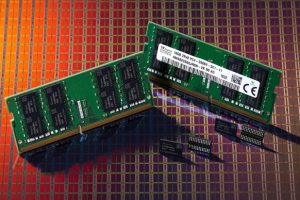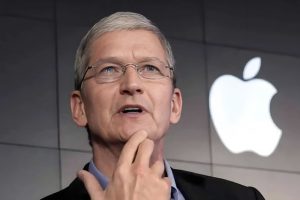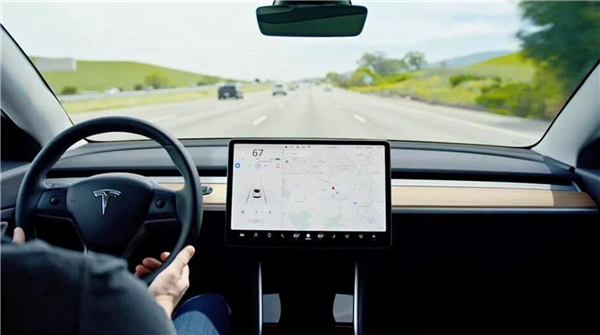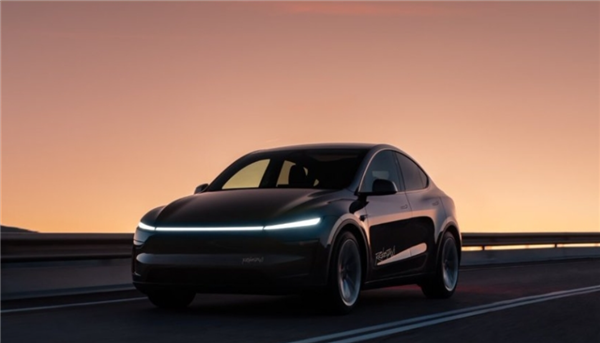October 31, 2025 – According to a report by Autocar on October 30 local time, Toyota is set to introduce a hydrogen fuel cell power system in its next – generation Corolla. Alongside hybrid, gasoline, and pure electric options, hydrogen power will become a crucial part of Toyota’s future energy strategy.
In a landscape where other major automakers are gradually abandoning Fuel Cell Electric Vehicle (FCEV) technology and focusing on low – emission gasoline vehicles and next – generation electric cars, Toyota remains a staunch supporter of hydrogen power. The company has reiterated its commitment to “vigorously promote” the use of hydrogen power in its next – generation models, which is a key element of its “multi – path” carbon reduction strategy.
To achieve this, Toyota is in the process of developing a new generation of FCEV power systems. It is expected that these new systems will be 20% more efficient than the current models used in the Mirai. Additionally, Toyota plans to manufacture fuel cells for both cars and heavy – duty trucks on the same production line to cut costs.

Yamashita Mitsumasa (transliterated), head of Toyota’s Hydrogen Energy Business Division, admitted that hydrogen power is still a niche market at present. However, as gasoline – powered vehicles gradually phase out, hydrogen energy will play an increasingly important role. “The progress may seem slow, but we are making steady headway,” he said.
Yamashita confirmed that the next – generation Corolla will offer a hydrogen – powered variant. Previously, this model has made an appearance as a concept car, which is already set to provide four power options: plug – in hybrid, hybrid, gasoline, and electric. Nevertheless, the engineering team is still working to ensure that the concept car’s architecture can support fuel cells without significant modifications.
“Given the Corolla’s elegant proportions, we need a highly intelligent power system. We are developing a hydrogen power system for the Corolla. By reducing the size of the battery, we can make the system more compact,” Yamashita said. He also emphasized that the top priority is to ensure a perfect fit between the power system and the new architecture.
Apart from technical compatibility, the biggest obstacle to the widespread adoption of FCEVs remains the lack of hydrogen refueling infrastructure. And without sufficient vehicle demand, it is difficult to address this shortcoming.
Yamashita proposed a solution: first, increase the number of FCEV heavy – duty trucks to lay the foundation for a well – developed hydrogen refueling network, and then provide economically viable hydrogen refueling services for FCEV cars.
It is learned from the report that there are nearly 300 hydrogen refueling stations in Europe, almost all of which are used for FCEV cars. However, there are very few such cars on the roads.
“The promotion of hydrogen – powered heavy – duty trucks is accelerating. So, the current challenge is how to convert the passenger car hydrogen infrastructure for use by heavy – duty trucks. We see an opportunity. If trucks consume a large amount of hydrogen, the price will drop,” Yamashita said. He estimated that the hydrogen consumption of an FCEV heavy – duty truck is about 120 times that of an FCEV car.












